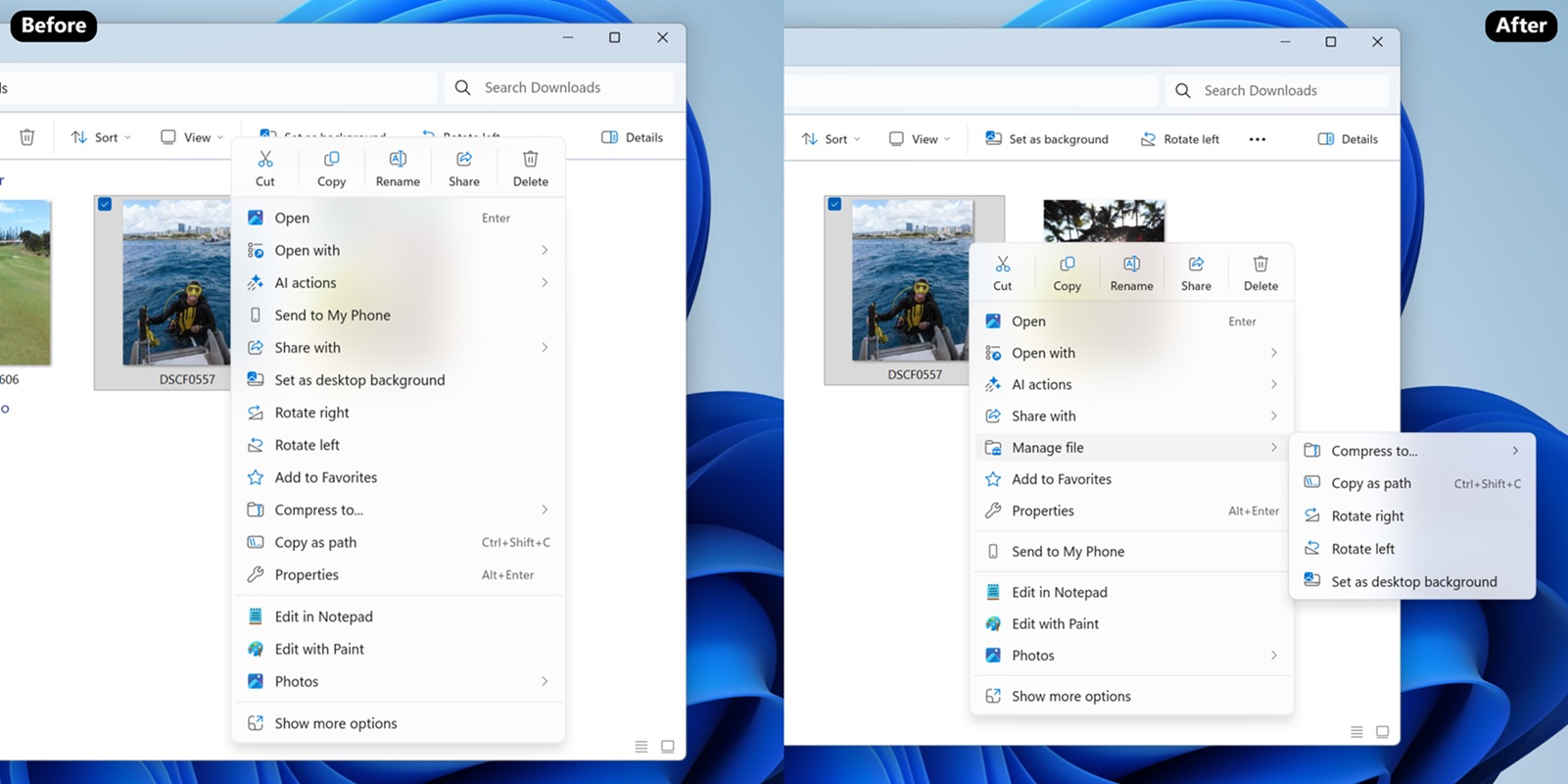Microsoft admitted that File Explorer is slow and can take longer than usual to load, and it’s going to fix it in the next Windows 11 update. But the patch does not involve rewriting specific areas of File Explorer or fixing the root cause. Instead, Microsoft plans to preload File Explorer when you boot your PC.
If you understand Windows a bit, you might wonder how that will work. I mean, is it not like File Explorer always auto-starts on Windows 11 because the taskbar manager, desktop, and even notification centre are dependent on explorer.exe, after all, right? It’s true that explorer.exe always starts, but that does not mean File Explorer is open in the background.
When you boot Windows 11, it always starts the shell, which is linked to Explorer.exe, and it powers features like your taskbar and Start menu, as I mentioned above. But that does not mean File Explorer itself is running in the background, which is not the case.
Now, Microsoft wants File Explorer to always run in the background.
Microsoft says that it now preloads File Explorer in the background. Preloading simply means loading the app when it’s not even open, so when you actually try to launch, it will always open immediately. This would mean faster performance for you, but is that going to make Windows as a whole slower?
We don’t know, but I don’t think it’s an additional few megabytes of RAM usage is going to make Windows slower. In our tests, when we turned on the feature, File Explorer started to launch faster, and it did not really add to the overall RAM usage. But this change does not make navigating between folders faster.
Can you turn off the preloading of File Explorer?
Preloading might be a good idea for now, but if you run into performance issues after the update, you just need to open Folder options > View, and turn off the “Enable window preloading for faster launch times” toggle.
Microsoft says it’s still exploring the idea, and the “Enable window preloading for faster launch times” toggle will be turned on by default in Windows 11. Microsoft is testing the feature in preview builds. It’ll roll out to everyone in early 2026.

In addition, Microsoft is testing a compact context menu for WinUI 3 apps and even File Explorer. For example, Microsoft has created a new ‘Manage file’ option that houses options like Compress to ZIP file, Copy as Path, etc.
The post Microsoft says it will always run Windows 11 File Explorer in the background to load it faster appeared first on Windows Latest
